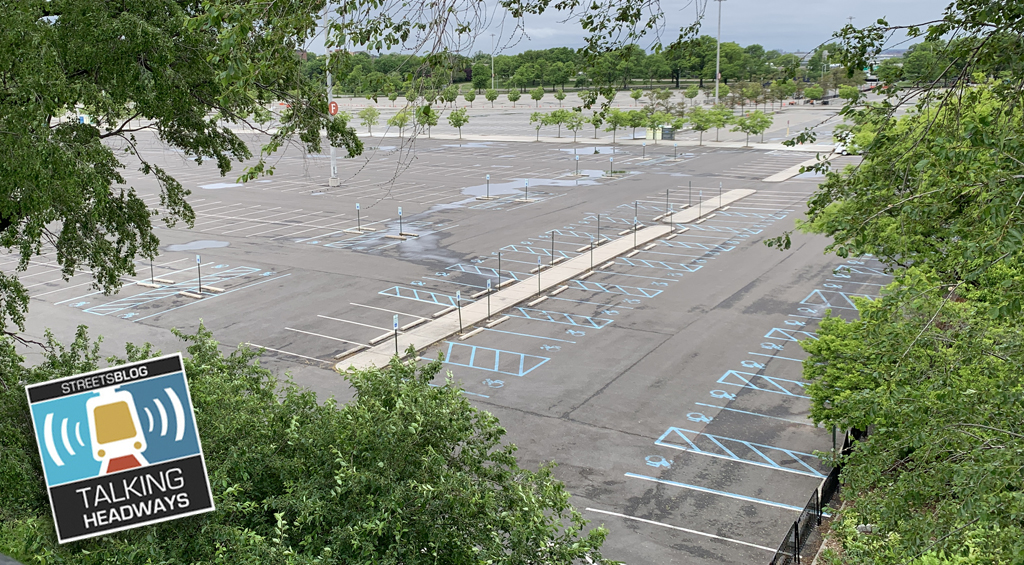
Our friends at Transit Miami have been writing for years about the horrible conditions on the Rickenbacker Causeway, a key transportation link for the city. In 2010, they wrote that, without any intervention, the car-centric design would continue to cause loss of life and limb: "As long as we have a roadway designed to induce speed, the speeding will continue and bicyclists and pedestrians will continue to get hurt."
They were right. The following February, Aaron Cohen, a young father, was struck and killed while he was riding his bike by a hit-and-run driver with a suspended license and a bag full of cocaine.
That incident helped inspire a new vision for the road: transforming it into a multi-modal street by adding a protected bike lane. Erik Douds at the Architect's Newspaper reports:
Architect and avid cyclist Bernard Zyscovich has proposed such an infrastructure upgrade in Miami-Dade, Florida that would convert a killer expressway into a cycle super highway.
Rickenbacker Causeway -- linking Miami to Key Biscayne -- currently holds three car lanes in each direction, but Zyscovich’s plan would convert the divided highway to two lanes for automobile traffic and a landscape-buffered lane for cyclists and pedestrians. Hardwood trees and bushes that would be planted along the cycle track would increase safety by separating the various modes of transportation.
Zyscovich suggested a preliminary project using plastic poles to separate the lanes, which mimics a plan implemented on I-95. The full project proposal would cost approximately $20 to $30 million along the entire stretch of Rickenbacker Causeway, however, there is currently no official backing for the project.
Separating automobiles from other modes of vulnerable transportation has gained grassroots support in Florida. According to the Florida Department of Highway Safety and Motor Vehicles, Florida has a record of having the highest number of fatal bicycle crashes of any state. Further, Miami Dade County has one of the highest numbers of bicycle fatalities, which was highlighted by national news when the 44-year-old cyclist Aaron Cohen was struck and killed by a motorist.
Elsewhere on the Network today: Systemic Failure says a study that linked cycling to prostate cancer has some serious flaws. The Dallas Morning News' Transportation Blog reports that with population booming in some of the region's suburbs, so is demand for transit. And Transportation for America points out that after Maryland lawmakers elected to raise the gas tax, voters reelected them.






